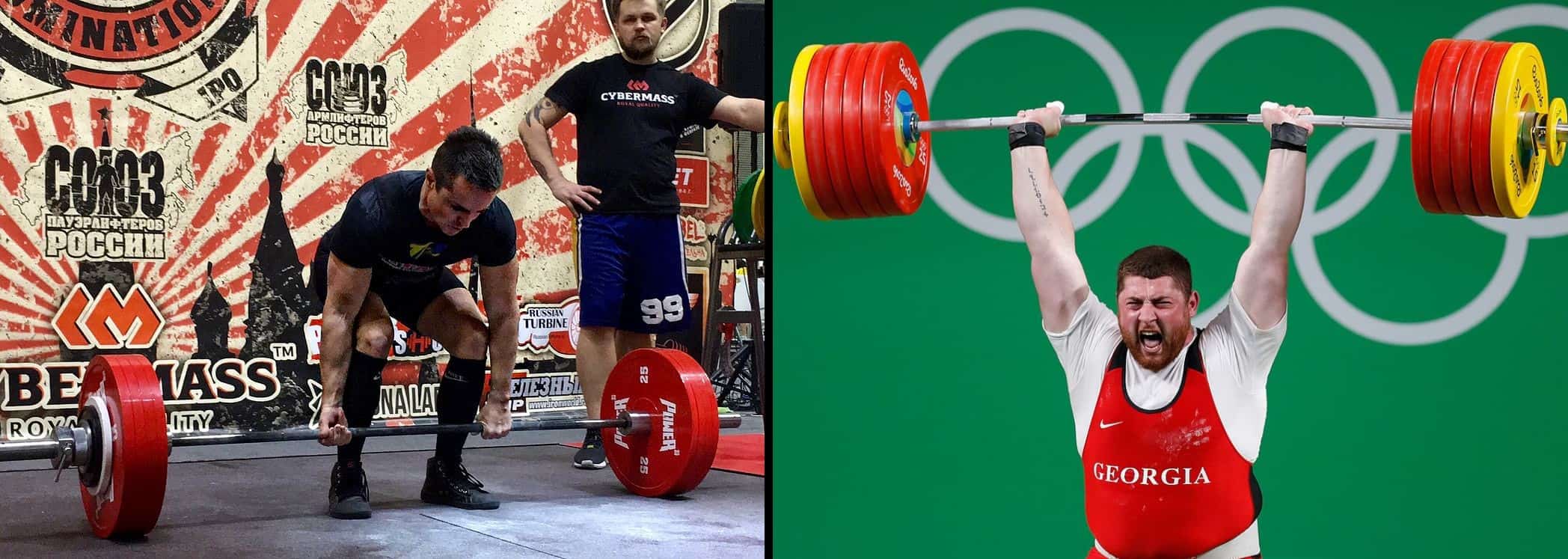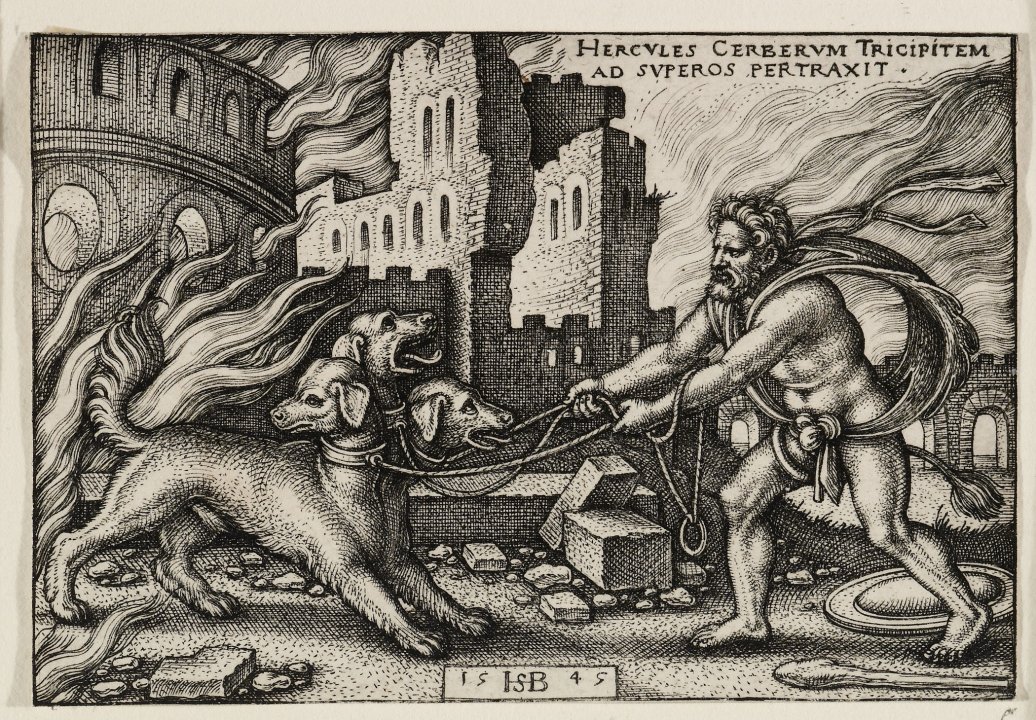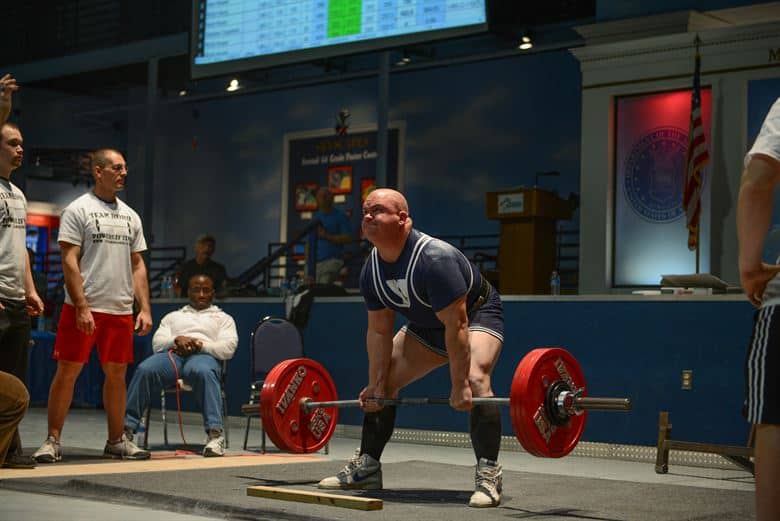Powerlifting, not Paralympic powerlifting (a single-discipline variant for the Paralympics), is currently not an Olympic sport. There are several reasons for this. I’m not going to go too in-depth into this, because ten minutes of research will quickly tell you that this topic is mired in decades of controversy and politics – but the gist is quite simple. Powerlifting will most likely not be an Olympic sport for the following reasons:
- Powerlifting meets are long. It’s a three-discipline sport, versus Weightlifting’s two disciplines, and there are just as many weight classes.
- Powerlifting is a young sport. It’s only been around since the 1960s. The Olympics have generally been trying to cut down on additions to the events rather than expanding the sport.
- Some argue powerlifting is “non-athletic”, but this is a narrow-minded and irrelevant point of view. The truth is that powerlifting is too similar to weightlifting, and comparatively less entertaining (at least, to the International Olympic Committee).
- Powerlifting does not have a standardized ruleset. It does have a de facto top federation. The International Powerlifting Federation (IPF) is recognized by the IOC as per powerlifting’s inclusion in the World Games, and it is recognized by the General Association of International Sports Federations. But there are many other federations, particularly within the United States, that follow different rulesets. Differences include the use of a monolift, different bars, different judging standards, and lack of drug testing.
I’ll make an additional argument, and state that I believe powerlifting should not aim to be in the Olympics to begin with.
Should Powerlifting Even Be an Olympic Sport?
The Olympics are, first and foremost, about prestige and money. In this regard, they have previously nominated host cities that have committed atrocities in the name of providing a sanitized venue for international sporting. There’s little doubt that there are large sums and grimy politics involved in the way certain nations drug test, which makes it hard to argue that competition is always fair.
I’m not sure I care much for the inclusion of my sport in such an event. Powerlifting has gained traction on its own, and it will likely grow and morph over the coming years as newcomers to the sport continue to flood in, and records get broken left and right.
It’s hard to make a living as a sponsored powerlifter in 2020, but that will likely change significantly by 2030, without the Olympics in the picture. Powerlifters have plenty of international events to look forward to. These include the IPF World Championships, Regional Championships, and Arnold Sports Festival (more of an exhibition than a competition, but still an event heavily featuring powerlifting and other strength sports).
Controversy and Indecision Within Powerlifting
There are still common gripes within the powerlifting community. They include poor judging and specialized equipment (i.e. deadlift bars and 50kg plates) and there are countless arguments for and against non-standard lifting techniques, such as the sumo deadlift and the extreme back arch in the bench press, which is reminiscent to the way Russian lifters used to arch to get an advantage in the clean and press, before that lift was removed from Olympic weightlifting (albeit without the same safety concerns for the lifter).
I personally don’t think the sumo deadlift is a big deal (even if I almost exclusively pull conventional), and the most ridiculous examples of the arch are rare enough that it isn’t as much of an eyesore as some seem to say it is. But I do prefer the use of only one bar for all lifts, the use of calibrated plates, stricter judging, and the inclusion of the walkout in the squat. I don’t think we need to give up on equipped lifting either, even though I think raw lifting is generally more appealing.
And I don’t think the sport needs to defer to a single federation to be relevant. It’s still fun to watch people who are obviously juiced to the gills lift inhuman weights and “unofficially” break world records.
I won’t lie and say I don’t like watching Eric Lilliebridge or Larry Wheels or Julius Maddox. I’m not an IPF “fanboy”. Lifters should feel free to lift according to the standard they set themselves.
And I’m sure there are powerlifters out there who refuse to use a belt and knee sleeves and set their own records strictly barefooted. That’s fine too.
If we wanted to get into the Olympics, we’d have to standardize and agree on a single “right” way to powerlift, which will ultimately detract from the sport.





